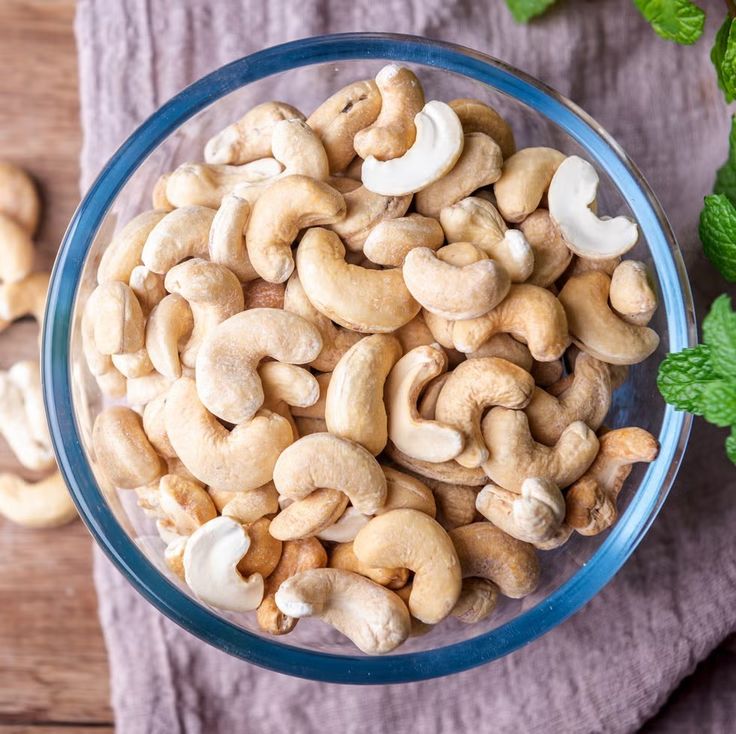Categories
The latest content
-

Customs Clearance & Import Regulations for Bulk Iranian Pinto Beans in EU, Middle East & Africa
..
-

Quality Control & Laboratory Testing Standards for Iranian Pinto Beans
..
-

Logistics & Shipping Solutions for Bulk Iranian Pinto Bean Exports
..
-

Minimum Order Quantity (MOQ) & Bulk Pricing for Iranian Pinto Bean Buyers
..

Tags
Logistics & Cold-Chain Shipping Solutions for Bulk Cashew Kernel Export

Efficient logistics and controlled shipping conditions are the backbone of the global cashew kernel export industry. Cashews are highly sensitive to humidity, temperature fluctuations, and improper handling — all of which can affect flavor, texture, and shelf life. For exporters and importers, mastering the logistics process and implementing cold-chain or semi-cold-chain shipping solutions is essential to maintaining product integrity from farm to port and beyond.
At Tamila Agrifood, we understand that in international trade, quality preservation equals business success. Let’s explore the strategies, systems, and technologies that ensure bulk cashew kernels reach global markets in optimal condition.
1. Why Logistics Matter in Cashew Kernel Exports?
Cashew kernels are valuable commodities that require careful handling throughout the export chain. Even small errors in packaging, container selection, or humidity management can lead to mold growth, discoloration, or rancidity.
For that reason, logistics for cashew export involves precision coordination across multiple steps:
• Raw cashew nut (RCN) processing and shelling
• Grading and vacuum packaging
• Inland transportation to the port
• Container loading and fumigation
• Sea or air freight under controlled conditions
• Customs clearance and final delivery
When managed efficiently, this process not only preserves quality but also builds trust and repeat business with importers.
2. Ideal Storage & Shipping Conditions for Cashew Kernels
Cashew kernels must be stored and transported under specific environmental conditions to prevent degradation:
Parameter Recommended Range Purpose
Temperature 10°C – 25°C Prevent oxidation and rancidity
Relative Humidity Below 65% Avoid mold and moisture absorption
Packaging Vacuum-sealed multilayer bags Maintain freshness and block oxygen
Ventilation Controlled airflow Prevent condensation inside containers
Cashews are not typically deep-frozen, but temperature stability is crucial. Many exporters today use reefer containers (temperature-controlled containers), especially for long-distance shipments to humid regions such as Southeast Asia, the Middle East, or Africa.
3. Cold-Chain vs. Traditional Shipping
Shipping Type / Description / Advantages / Typical Use
Traditional Dry Container / Standard 20ft or 40ft container with desiccants / Cost-effective for short routes / Shipments to nearby ports
Semi-Cold-Chain (Insulated) / Containers with temperature and humidity control liners / Better protection from heat and humidity / Medium-distance shipping
Cold-Chain (Reefer) / Active temperature-controlled containers (10–25°C) / Best preservation of taste, color, and freshness /Long-distance & premium shipments
Tamila Agrifood often recommends semi-cold or reefer containers for high-value consignments, especially during summer months or for destinations with high humidity levels.
4. Key Logistics Challenges & Solutions
a. Moisture Control:
Cashews absorb moisture easily, leading to spoilage.
Solution: Use desiccant packs, container liners, and humidity recorders.
b. Container Condensation (“Sweating”):
Caused by temperature fluctuations between day and night during ocean transit.
Solution: Maintain steady temperatures and use insulation liners.
c. Extended Transit Times:
Longer routes mean higher risk of contamination.
Solution: Opt for faster shipping routes and monitor conditions remotely.
d. Customs Delays:
Holding shipments at ports can increase humidity exposure.
Solution: Prepare complete export documentation (Invoice, Packing List, Phytosanitary, HACCP, and Health Certificates) in advance.
5. Best Practices for Efficient Cashew Kernel Shipping
• Always use vacuum-sealed, nitrogen-flushed bags for kernel packaging.
• Store pallets on wooden or plastic skids, never directly on container floors.
• Monitor temperature and humidity using data loggers.
• Schedule shipments to avoid monsoon or extreme weather seasons.
• Partner with freight forwarders experienced in agro-commodity cold-chain logistics.
By integrating these practices, exporters can reduce product losses by up to 20% and improve buyer satisfaction significantly.
6. Freight Options: Sea, Air, or Multimodal
• Sea Freight (most common): Cost-efficient for bulk volumes. Transit time: 20–40 days depending on destination.
• Air Freight: Expensive but ideal for urgent deliveries or samples. Transit time: 3–7 days.
• Multimodal Transport: Combines sea, rail, and truck logistics — offering flexibility and optimized costs for inland destinations.
At Tamila Agrifood, we provide end-to-end export coordination, including container booking, documentation, and insurance, ensuring a smooth and reliable delivery process.
7. The Future of Cashew Logistics: Smart Monitoring & Sustainable Packaging
The industry is moving toward IoT-based cargo monitoring, allowing real-time tracking of temperature and humidity inside containers. Eco-friendly, recyclable packaging materials are also gaining popularity as part of sustainability initiatives.
Companies adopting these innovations will not only meet global compliance standards but also strengthen their reputation in responsible trade.
Conclusion
Cashew kernel logistics is more than just transportation — it’s a science of preservation. Exporters who invest in reliable cold-chain and humidity-control systems protect both their cargo and their credibility.
At Tamila Agrifood, our expertise in bulk logistics, cold-chain management, and export compliance ensures that every shipment of cashew kernels arrives fresh, flavorful, and ready for global markets. Whether you ship to Europe, the Middle East, or Africa, we tailor solutions to fit your product’s needs and your customer’s expectations.
Email: tamilaagrifood@gmail.com
WhatsApp for Inquiries: +989141858935



